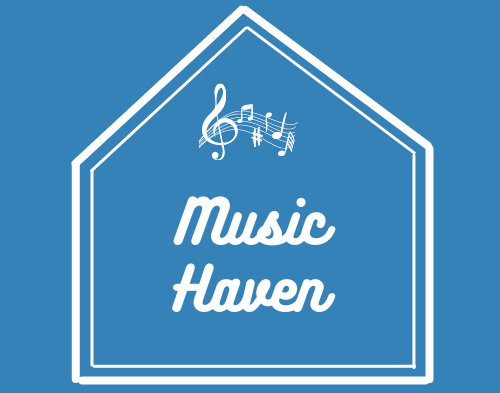How Music Therapy Helps Women Who Have Been Affected by Domestic Violence
Intimate Male Partner Violence (IMPV) is a prevalent societal that plagues many couples, who often participate or are victims of this abuse in silence. This form of violence’s physical effects can be severe through either an immediate impact or a deterioration of physical health over time due to prolonged abuse. However, many women report that the lasting emotional damage is often much more extreme.
The various emotional or mental disorders resulting from IMPV include anxiety, fear, depression, self-blame, sleep disorders, and many other side effects. While considering these harsh effects that many women must unfortunately face, it is essential to think about the remarkable resilience many women have resorted to with such situations.


Countless women can effectively develop coping mechanisms independently to protect themselves and their offspring. However, women who face this form of violence must also be aware of the emergent but growing practice of music therapy in domestic violence. A critical movement to note when discussing this issue is Feminist Music Therapy, particularly well-suited for female violence survivors.
The lyric analysis provides women with an opportunity to explore a wide variety of issues that pertain to both men and women. These issues include love, relationship change, control, anger, self-nurturing, empowerment, and others.
Discussing the meaning behind lyrics leads to women being more capable of escaping the self-isolation they may feel as the problems in their life are not viewed as their fault, and they are not the only people going through this pain.


Music therapy must include a performance element. By either songwriting or performing pre-recorded songs, women can internalize the songs making their own. The songwriting allows patients to become experts in their music, culture, and own lives. As a result, if one cannot write a song, the patient must choose from a diverse number of songs. All in all, the art of writing opportunities and presenting songs can be a healthy opportunity for women to give voice to their struggles.


Both improvisation and drumming can serve as excellent empowerment opportunities. This improvisation can provide music therapy patients with a chance, be honest, and express intimacy in a non-verbal manner that does not involve that does not involve judgment. Drumming, on the other hand, allows women to address issues revolving around body and power.
During periods of IMPV, women may feel as if they are weak and that they deserve this seemingly unavoidable harsh treatment. By playing and taking control of large and physically demanding instruments such as the Japanese Taiko, women can reclaim their physical and spiritual strength and confidence.
Valuing women is accomplished through various music therapy practices such as lyric analysis, songwriting, improvisation, and drumming. Abused women may experience relaxation through a skilled music therapist who can readily address this stress.
Thus, music therapists must become more prepared to work with clients who have experienced IMPV to provide sensitive and well-formed music therapy services. After all, the women deserve nothing less.


